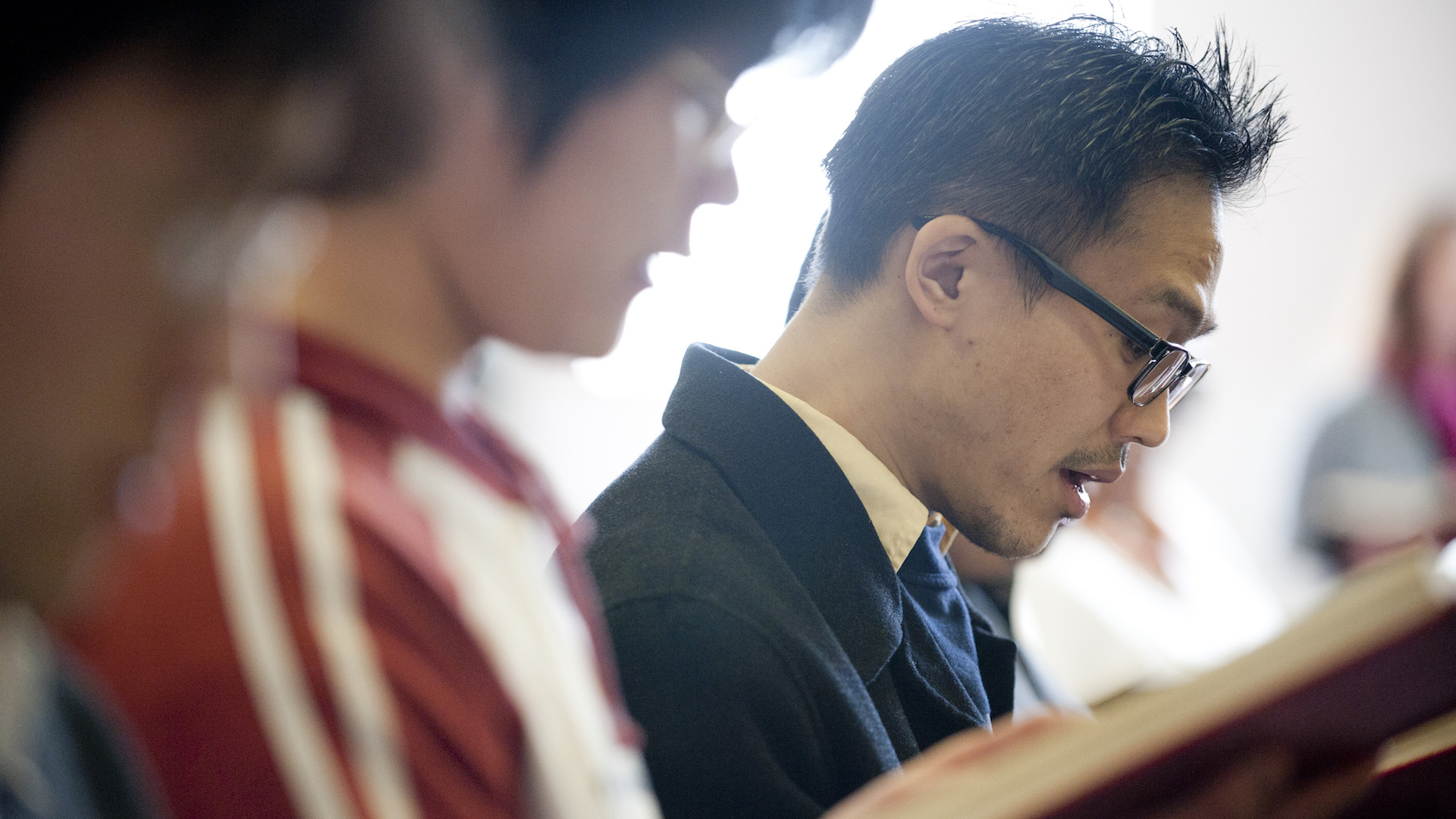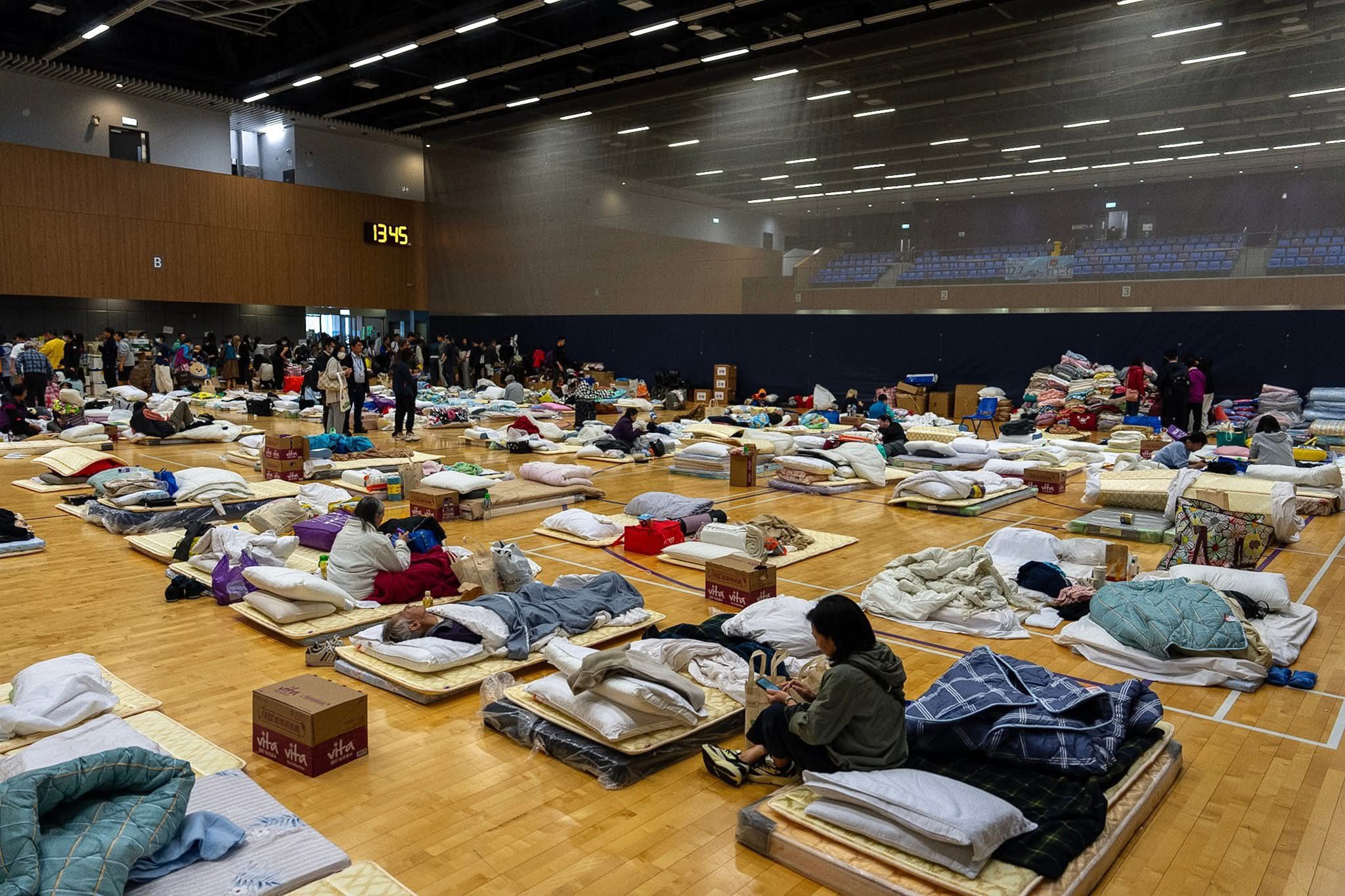Korean Missionary Society Set To Celebrate Its 50th Anniversary
Joaquim Magalhães de Castro
Fifty years after its founding, the Korean Missionary Society (KMS) continues to put the ‘ad gentes’ spirit into practice and reaffirms its commitment to sending missionaries, priests, religious and lay people to all countries where the Churches are in need of “support for the apostolate”. Specifically speaking, the missio ad gentes refers to the special initiatives of those sent by the Church to proclaim the Gospel throughout the world and to establish the Church itself among all peoples who do not yet believe in the message of Christ. There are currently almost a hundred Korean missionaries in nine countries, including Papua New Guinea, Taiwan and Hong Kong, as well as several others on the African continent and in South America.
“We go where we need to go,” explains Father Choi Kang, vice-president of the Korean Missionary Society, on the eve of the Jubilee Year. The SMC was established in 1975 and is therefore preparing to celebrate its 50th anniversary, always imbued with the spirit of “community in motion”, as Father Choi says, announcing the symposium that was held on 19 October at the Catholic University of Korea. “Over the next year, with the necessary academic input, we will analyse the significance and influence that this missionary impulse has had on the Korean Church over the last five decades, and we are counting on reports from each diocese for this purpose,” the cleric emphasises.
On 26 February 2025, the exact date of the SMC’s founding anniversary, a commemorative Mass will be held at Myeongdong Cathedral in Seoul, and a series of seminars and meetings are also scheduled for that time, not only for missionaries but also for all the faithful interested in deepening this experience that was “the first proclamation of the missio ad gentes”.
In this context, an agreement was signed with Catholic Peace Broadcasting with a view to producing a series of multimedia services and documentaries that will serve to illustrate the history and missionary commitment of Korean Catholics not only in the last 50 years, but also in the more distant past. In this regard, Father Doo-young Jeong, president of the SMC, would add: “I hope that this anniversary will be an opportunity for the Korean Church to deepen its essence as a ‘sharing Church’ ready to extend its mission to the entire world.”
“We are pilgrims of hope, also with regard to relations with the North.”
Peter Soon-Taick Chung- Archbishop of Seoul and Apostolic Administrator of Pyongyang
Founded in 1975 (22 years after the end of the Korean War) by the Bishop Emeritus of Busan, John A. Choi Jae-seon, and recognized by the Korean Episcopal Conference, the Korean Missionary Society played a fundamental role in transforming the Korean Church into a ‘giving Church’. Currently with 87 members, including missionary priests and lay people, the SMC is under the supervision of the Archdiocese of Seoul. In addition to running a ‘Missionary School’ – open to all those interested in missionary work in Korea, with a view to preparing the faithful for pastoral work abroad – the SMC is “open to the whole world, wherever there is a need for missionaries”, but with a particular focus on Asia.
Hence the concern expressed by the recent cutting of road and rail access to South Korea by North Korea with the aim of completely separating the two countries. Signs of closure such as this – with high symbolic value – come at a time when tensions between the two Koreas have reached their highest level in recent years. Now, this leaves a strong mark on society, and the truth is that – as Archbishop Peter Soon-Taick Chung of Seoul and Apostolic Administrator of Pyongyang points out – the desire for reunification is diminishing. “I think that many young people in the South have stopped believing in the viability of the paths of reconciliation or reunification,” concludes the prelate.
Therefore, he adds, “now more than ever we must continue to dream of peaceful coexistence and keep the light of hope alive in Korean society.” Chung adds that “it is our task to continue with prayer and education for peace.” The Holy Year is approaching, with the theme of hope: “we are pilgrims of hope, also with regard to relations with the North,” he stresses.
For his part, Simon Kim Ju-young, Bishop of Chuncheon and president of the Episcopal Commission for Reconciliation, notes with bitterness that both sides view each other with a certain hostility and that all channels are closed, even that of humanitarian aid, which in the past remained open. And even though Korean public opinion is still quite divided on policy towards the North, all Koreans are united when it comes to sending humanitarian aid to North Korea.
In this period of turned backs, “we pray above all that the doors will be opened. All the faithful of the Church in Korea participate in this prayer,” says Bishop Simon Kim Ju-young.
In every diocese in Korea, there is a Commission for the Reconciliation and Unification of the Korean People, where religious priests, nuns and lay people come together “to talk about peace and continue to raise awareness among people about the issue of peace, with initiatives aimed at the Catholic faithful, but also at non-Catholics.
(Image caption: Paul Heo, right, a member of North Buffalo Community Church (NBCC) in Buffalo, N.Y., sings songs of worship during a Sunday morning service at the church. Heo has been a member of NBCC for approximately six years.)


 Follow
Follow


